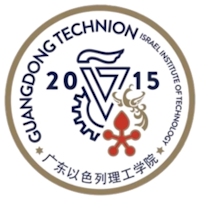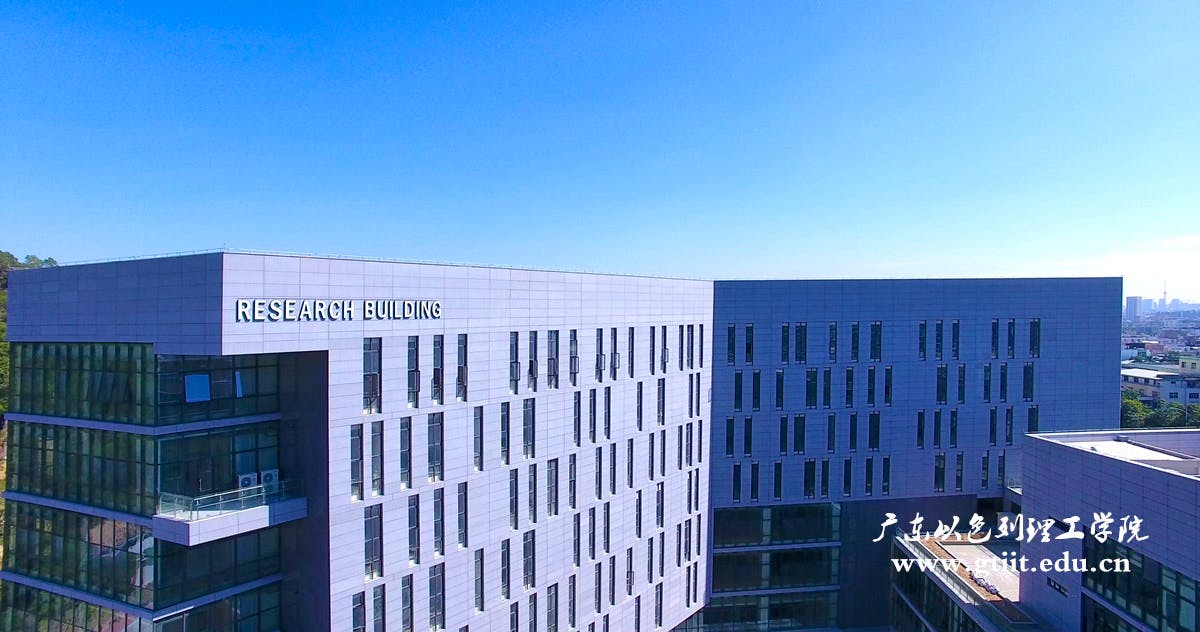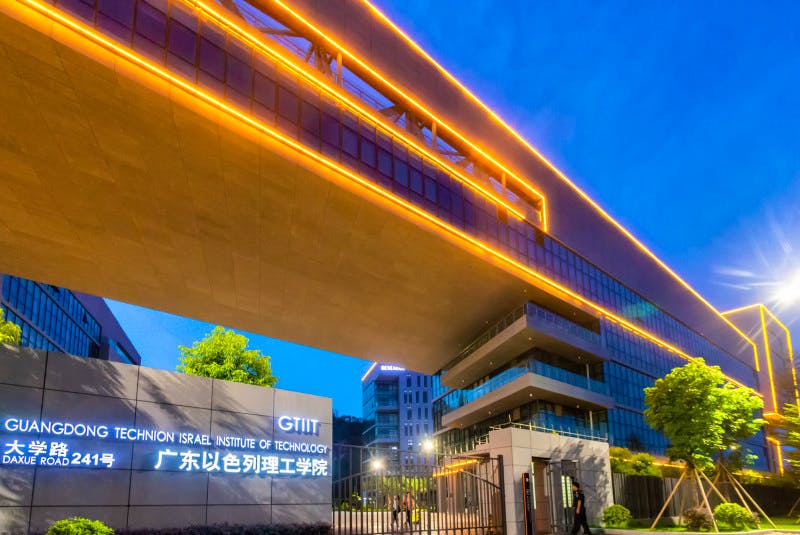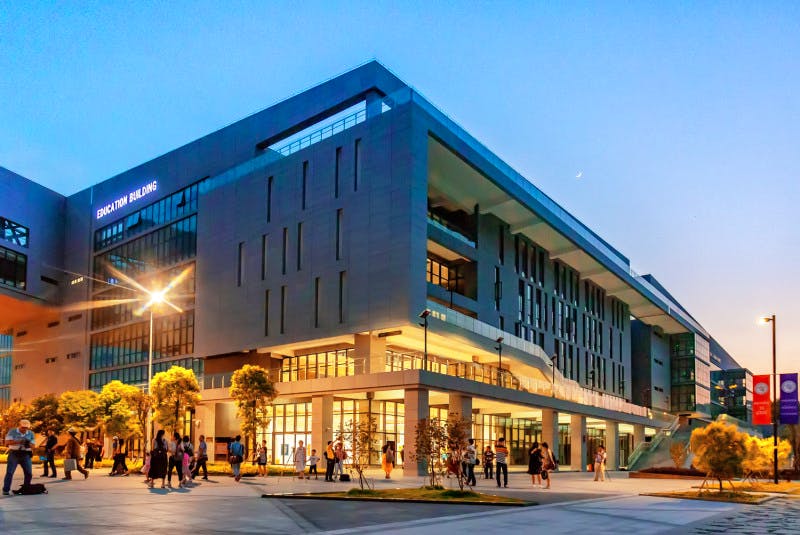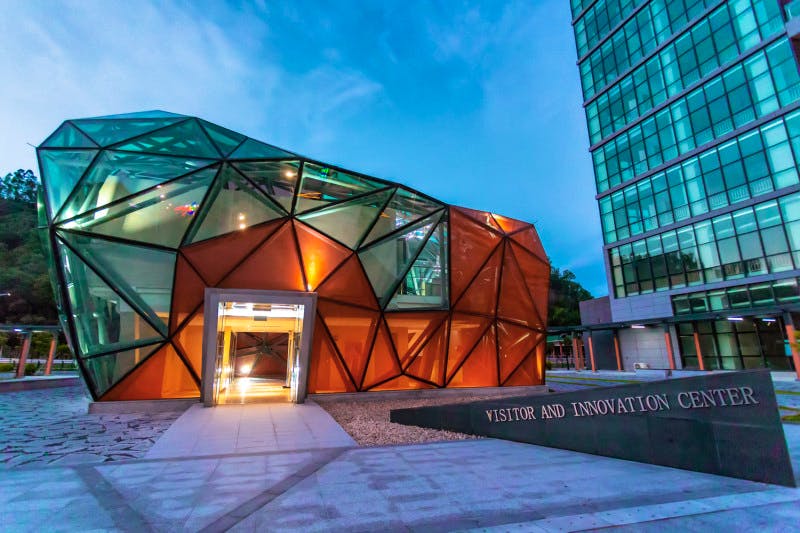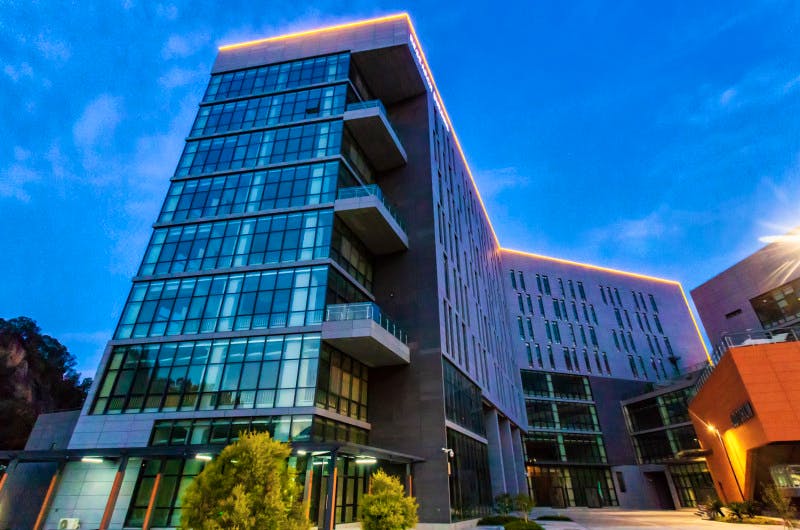1. Program Positioning
The BFE Program (named "Biotechnology" according to the MOE catalog) follows the program of the Biotechnology and Food Engineering Faculty of the Technion. The Faculty of Biotechnology and Food Engineering is one of the few faculties worldwide to incorporate areas of biotechnology and food engineering under one combined degree. The faculty has been providing high-level graduate talents that can join both the biotechnology industry (a relatively young industry) and into the food industry.
In order to train highly-skilled engineers in the fields of food and biotechnology, the Program courses cover the content taught by the Technion, providing students a solid foundation in mathematics, physics, chemistry and biology, and engineering. Students learn traditional and modern topics in the fields of biotechnology and food engineering through core courses and advanced courses, and are exposed to cutting-edge technologies and research fields, and gain rich practical experience.
In 2018, the discipline "Food Science and Engineering" was selected as the Key Discipline. With the strong support of the high-level university construction plan of Guangdong Province, the development of the discipline has been significantly improved, and at the same time, it has also promoted the improvement of the program itself. At the end of 2021, the program was recommended by the Guangdong Education Department as the provincial first-class undergraduate program development site.
2. Talent-cultivation Goal
The program cultivates engineers and technical professionals in the fields of biotechnology and food engineering. Its graduates are able to work in the fields of biotechnology and food and to seek employment in institutions related to food, medicine, cosmetics, environmental protection, or in governmental agencies of food, medicine, agriculture, energy, environment, etc.
Graduates will become competitive engineers, adapt to the biotechnology and food industry in Guangdong Province and greater China, and will also be welcomed by top universities in the world for postgraduate programs.
3. Cultivation Scheme
The total credits of the four-year undergraduate program are 162, including 144.5 credits of program core courses, 7.5 credits of program electives, and 10 GE credits. The scheme is a combination of basic knowledge and advanced theories, as well as a variety of experimental courses to help students hone their practical skills and participate in research projects.
Students must earn 16 credits of MOE courses. All program courses are taught in English.
Students who meet the degree requirements will be awarded a bachelor's degree in Biotechnology and Food Engineering from the Technion, and a bachelor's degree in Biotechnology from GTIIT.
4. Course Curriculum
During the first three semesters, all undergraduate students of the program must complete basic science and engineering courses, focusing on mathematics, physics, chemistry, and biology. Thereafter, the program offers an interdisciplinary educational plan that includes food engineering, biochemistry, nutrition, molecular biology, biotechnology, and entrepreneurship. Juniors and seniors can take more advanced courses to deepen their expertise and experience, such as Genetics and Advanced Genetic Techniques, Ecological Engineering, Advanced Biomaterials, Agricultural Processing, and relevant research projects. In addition, the program plans to offer other advanced courses such as Tissue Engineering and Synthetic Biology.
The program emphasizes practical lab courses, which take up 30-40% of all course time. All the labs are equipped with the most advanced facilities and equipment to create a high standard of lab teaching environment for students.
5. Faculty Team
Most of the teachers are from the Technion, and the rest of the teaching and research personnel are recruited globally in accordance with the standards of the Technion. The strength of the faculty team is constantly increasing. All teachers and faculty have rich teaching experience and high academic standards. A considerable number of teachers also have rich experience in industry, education and research. The Program Head has made great achievements in academia, and has been engaged in teaching, scientific research and management for a long time at the Technion. The teachers and faculty have brought unique and novel educational concepts in biotechnology and food engineering, providing an important guarantee for the Program to carry out high-standard and high-demand talent training.
6. Teaching Conditions
The program has brand new teaching and lab facilities with state-of-the-art equipment that can provide each student with an independent lab experience, including general microbiology, food microbiology, and molecular biology labs that allow for complete microbiology and molecular biology experimental processes, characterization, and safety testing that meet international standards; biochemical and food analysis laboratories that allow for complete biochemical and analytical laboratory workflows with equipment for isolation, detection and identification of food and pharmaceutical ingredients and bioactive substances; and a fermentation and downstream processing laboratory with fully adjustable pilot equipment and downstream processors that can provide innovative hands-on laboratory courses on cell expansion and drug and biologics manufacturing. In addition, a large food pilot plant located on the South Campus is nearing completion. The plant is expected to support multi-unit collaboration that is commonly seen in the food industry.
Show less
